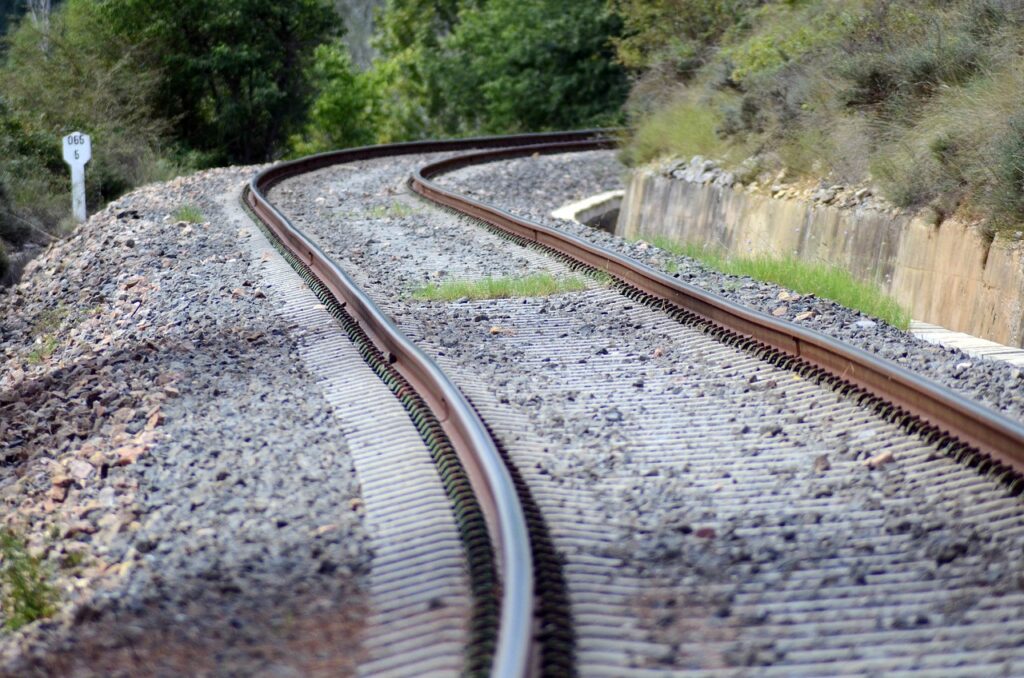The announcement of the revival of the Montréjeau-Luchon railway in the Haute-Garonne department has sparked discussions about its potential impact on the hydrogen energy sector.
Officials from the Occitanie region have unveiled plans to reopen the rail link between the spa resort of Luchon and the town of Montréjeau, which has been defunct since 2014. Scheduled to resume service from May 2025, this initiative marks a significant step towards revitalizing regional connectivity and promoting eco-friendly transportation alternatives.
The revival of the Montréjeau-Luchon railway necessitates extensive infrastructural refurbishments, including the dismantling of old tracks, vegetation removal, and platform demolition. The ongoing efforts, spearheaded by the Occitanie Region, entail multi-phase construction work aimed at rendering the 36 km single track operational once again. While the completion of the initial phase is commendable, challenges lie ahead as the project progresses into the next phase involving the laying of new rails and platform reconstruction.
One of the most noteworthy aspects of the Montréjeau-Luchon railway revival is its transition towards eco-friendly transportation solutions. Initially powered by diesel, the trains will eventually be replaced by hydrogen-powered counterparts, signaling a paradigm shift towards sustainable mobility. With plans to introduce the first hydrogen-powered trains by the end of 2025, the project aligns with the global push for decarbonization and renewable energy adoption in the transportation sector.
Beyond its environmental benefits, the revival of the Montréjeau-Luchon railway holds immense potential for promoting regional connectivity and boosting tourism in the Occitanie region. The reintroduction of train services to popular destinations such as Peyragudes and Superbagnères stations is expected to attract mountain enthusiasts and bolster the local economy. Moreover, the planned expansion of train routes to include destinations like Toulouse underscores the strategic significance of this initiative in enhancing regional accessibility and connectivity.
While the investment in reviving the Montréjeau-Luchon railway amounts to EUR 67 million, the long-term economic and environmental benefits are expected to outweigh the initial costs. However, the success of this initiative hinges on effective project management, stakeholder collaboration, and public support. As the project progresses towards its completion, stakeholders must remain vigilant in addressing potential challenges and ensuring the seamless integration of hydrogen-powered trains into the regional transportation network.





